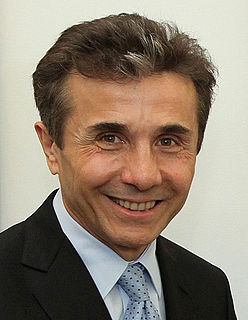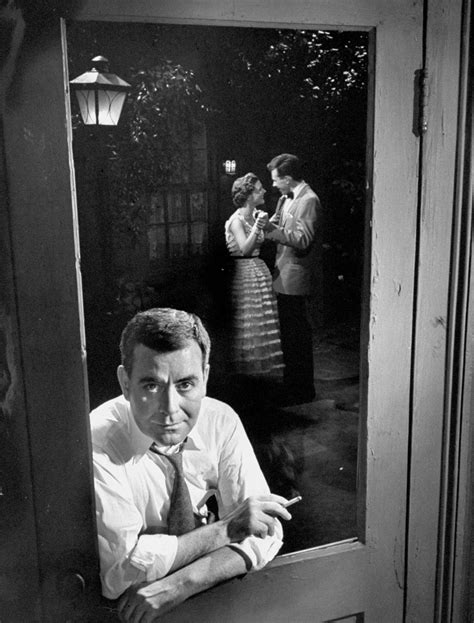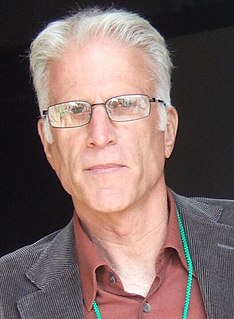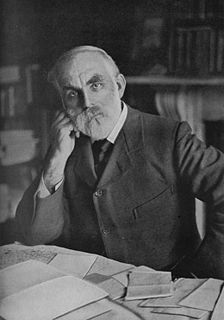A Quote by Bidzina Ivanishvili
I have always lived according to my conscience, and my past is clean.
Related Quotes
what he sought was always something lying ahead, and even if it was a matter of the past it was a past that changed gradually as he advanced on his journey, because the traveller's past changes according to the route he has followed: not the immediate past, that is, to which each day that goes by adds a day, but the more remote past. Arriving at each new city, the traveller finds again a past of his that he did not know he had: the foreignness of what you no longer are or no longer possess lies in wait for you in foreign, unpossessed places.
You can make the argument that there's no such thing as the past. Nobody lived in the past. They lived in the present. It is their present, not our present, and they don't know how it's going to come out. They weren't just like we are because they lived in that very different time. You can't understand them if you don't understand how they perceived reality.
But there was no hiding from Conscience. Not in new homes and new cars. In travel. In meditation or frantic activity. In children, in good works. On tiptoes or bended knee. In a big career. Or a small cabin. It would find you. The past always did. Which was why... it was vital to be aware of actions in the present. Because the present became the past, and the past grew. And got up, and followed you. And found you... Who wouldn't be afraid of this?
You look worldwide for the great leaders, and they're pretty thin on the ground, and of course the problem is unless you're squeaky, squeaky clean, something is going to come out of the cupboard. Most people aren't squeaky clean. Most people have fallen by the wayside once or twice in their lives, and because the world is so transparent now, I think they're very fearful of running for office. It's a huge shame, because often people who have really lived and are amazing people can be brought down by a past indiscretion.



































